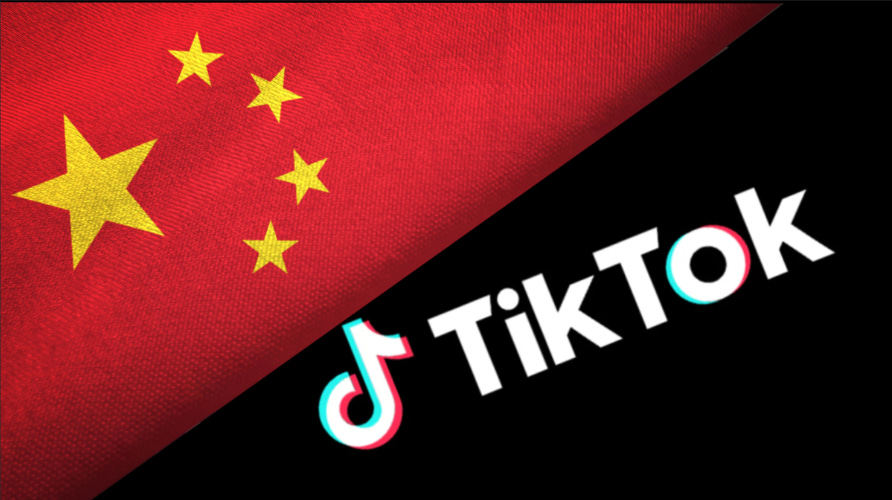Weaponized Algorithms: TikTok and the CCP’s United Front Strategy in Taiwan:
Findings from Doublethink Lab
This is an English summary of a Chinese language news report on https://www.epochtimes.com/gb/25/7/24/n14559632.htm
分析:TikTok在中共统战台湾中扮演的角色 | 中共外宣在台湾 | 中共渗透 | 大纪元
Context:
On June 22, 2025, at Academia Sinica’s Institute of Sociology (Taiwan), researcher Eric Hsu from Doublethink Lab presented recent findings on TikTok’s role in the CCP’s "united front" influence operations.
Public Concerns About TikTok:
Data Security Risks: TikTok collects large amounts of user data, raising privacy concerns.
Algorithmic Manipulation: Its content recommendation system subtly inserts political messaging.
Cognitive Reshaping: Short-video format alters how young people consume information and form opinions.
Political Influence: Suspected use of the platform to amplify CCP narratives in Taiwan, especially around election periods.
Research Basis:
Two major studies by Doublethink Lab:
“2025 TikTok Taiwan Adolescent User Survey”
National Quantitative Survey of TikTok Users
Key reports:
2025 TikTok User Survey: Nationwide Online Poll Results
Where Is TikTok Taking Us? Active TikTok Use and Cognitive Reshaping of Taiwanese Democratic Politics
Key Findings – Youth Use of TikTok:
Platform appeal:
Trendy, bite-sized content
Highly engaging algorithm
Unique social features
Political messaging pattern:
After several entertainment clips, the algorithm pushes 2–3 political videos
Content themes include:
War and military conflict
“One family on both sides of the Strait”
Corruption in Taiwanese politics
Legislative chaos
This pattern intensified before Taiwan’s 2024 elections
Taiwanese Youth Attitudes (from interviews):
View of China:
Seen as efficient, modernized
Authoritarianism viewed as necessary for managing a large country
Perception of Threat:
Low awareness of CCP political influence
Weak sense of resistance or urgency
Some believe unification would have little impact on daily life
Fear of war may drive some to prefer surrender over conflict
Opposition to Bans:
Most oppose banning TikTok
See it as a matter of personal freedom and self-discipline
Acknowledgment of harms:
Users noted exposure to cyberbullying, suicide/self-harm content, and child exploitation
Findings from the National Survey:
Political information sources:
Active TikTok users rely heavily on KOLs (internet influencers)
Trust in traditional news is lower among these users
Political preferences:
Lower support for the Democratic Progressive Party (DPP)
Higher support for the Taiwan People’s Party (TPP)
Perceived CCP beneficiaries:
Respondents believe CCP influence would most benefit the Kuomintang (KMT)
Conclusions and Warnings:
Cognitive risks:
TikTok alters how information is processed—favors emotional, narrative-driven content
Increases susceptibility to manipulation and conspiracy narratives
Political risk:
Frequent use correlates with pro-China leanings
Internet addiction compounds the risk
Users often lack awareness or resistance to foreign influence
Democratic vulnerability:
These trends could undermine Taiwan’s democratic resilience and electoral integrity




